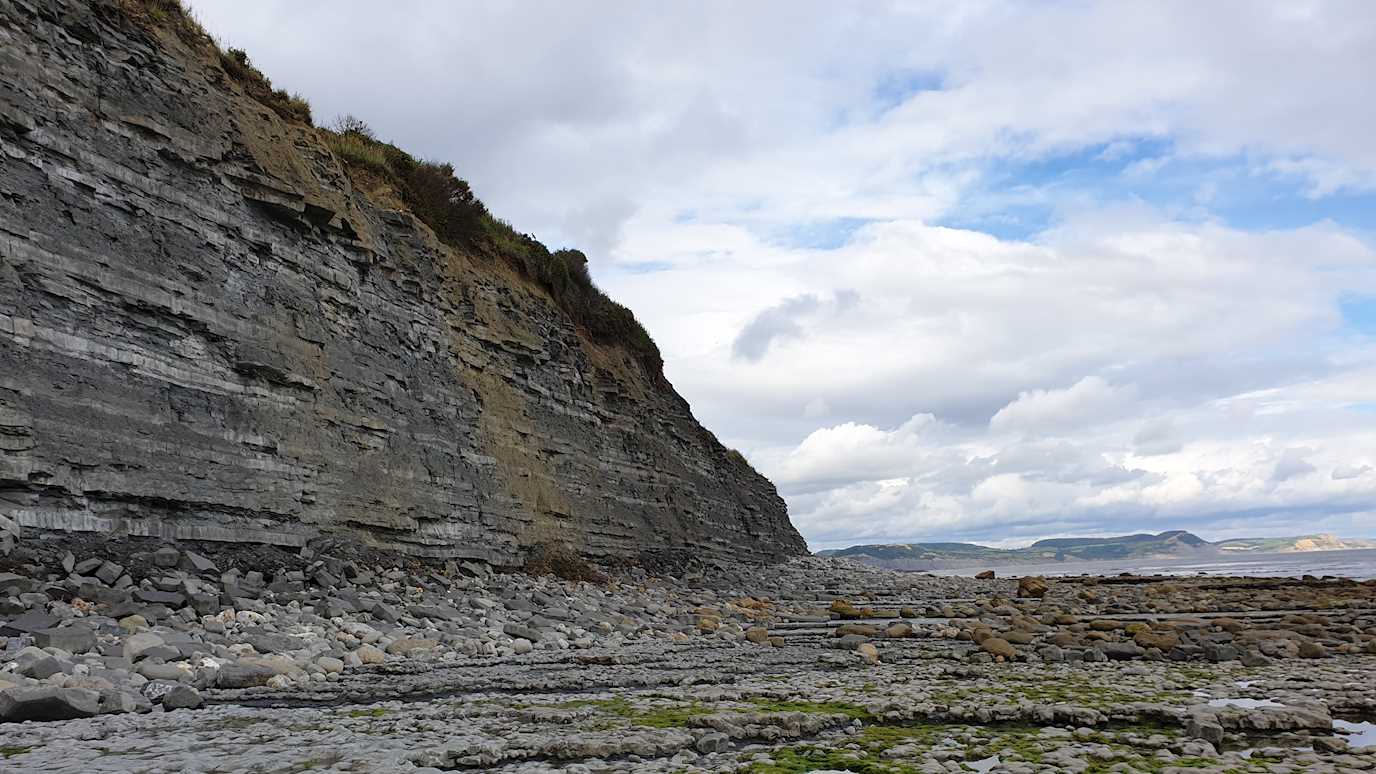An academic from Royal Holloway, University of London, is leading on new research to gain a better understanding of how the Earth’s carbon cycle has regulated global climate over the last billion years. The carbon cycle illustrates how carbon continually moves between the Earth, oceans and atmosphere. The research project, which commences this month, aims to address major challenges in our understanding of how the carbon cycle controls large-scale environmental events.

The study, led by Dr Alexander Dickson from the Department of Earth Sciences at Royal Holloway aims to calculate how much carbon becomes locked in the ocean floor from the death and burial of ancient organisms. It will also investigate how much carbon is emitted to the atmosphere from the slow combustion of organic carbon exposed on land such as decaying plants or animal tissues and carbon from living organisms.
The study will greatly advance our understanding of the planetary carbon cycle that regulates the Earth’s climate system. The processes to be studied by Dr Dickson serve either to remove some of that carbon back into the deep Earth, or to prolong its growth in the oceans and atmosphere. The study will employ cutting-edge techniques to analyse the element composition of ocean samples that formed over the last billion years of Earth’s history.
Dr Alex Dickson said: “This project is an exciting opportunity to apply some genuinely novel developments in analytical techniques and climate modelling to produce a major step in our understanding of the relationship between organic carbon cycling and long-term global climate.
“Every bit of information we have to help us understand how our planet works is a vital cog in our global efforts to combat climate change.”
The research is based around three objectives:
- To quantify the amount of organic carbon buried in the oceans over the last billion years.
- To calculate how much carbon is emitted from continental rocks as they slowly combust in air.
- To push the development of novel analytical techniques to unlock signals of climate change on the ancient Earth.
The research is a five-year project from February 2023 to January 2028. The results will be published throughout the project as they become available.
























